History Essay on Industrial Revolution, Droughts, Poverty & Dumping
VerifiedAdded on 2020/04/29
|6
|1218
|227
Essay
AI Summary
This history essay explores the profound impact of the Industrial Revolution, focusing on its origins in Great Britain and its subsequent global effects. It examines the agricultural revolution, imperialist advantages, and scientific advancements that fueled this transformation. The essay contrasts Britain's success with the challenges faced by China, India, and other Asian countries, attributing these differences to geographical factors, colonial exploitation, and the impact of El Nino droughts in the late 19th century. These droughts devastated agricultural capabilities, leading to famines and exacerbating the economic disparities between nations, contributing to the rise of the Third World. The essay further discusses the persistent problem of global poverty, the role of colonialism, and the detrimental effects of chemical dumping by developed nations on poorer countries. It highlights the importance of education, job creation, and sustainable economic growth as potential solutions to poverty, while also addressing the environmental and health hazards caused by toxic waste disposal. The essay concludes with a call for technological advancements to mitigate the negative impacts of waste and a deeper understanding of their effects.
1 out of 6
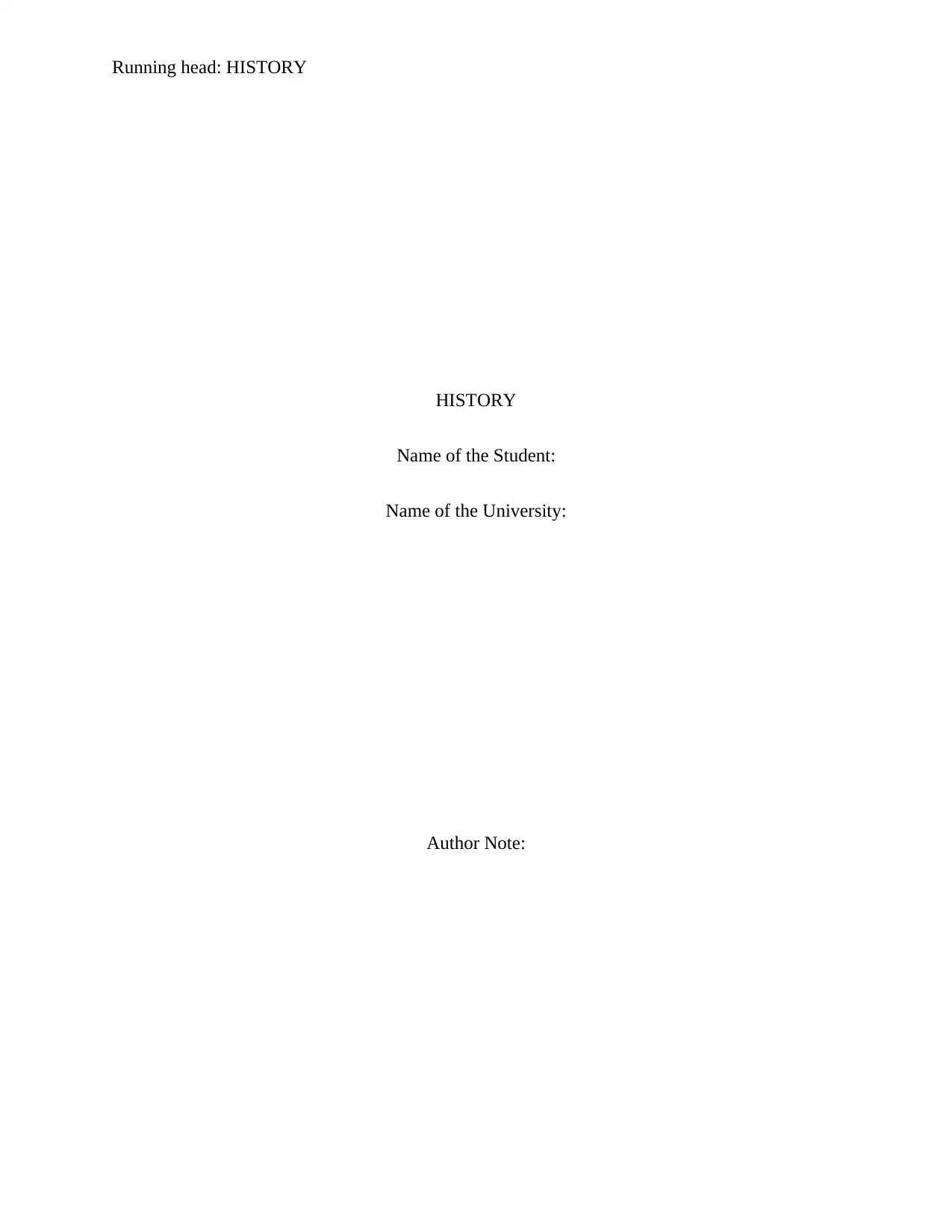
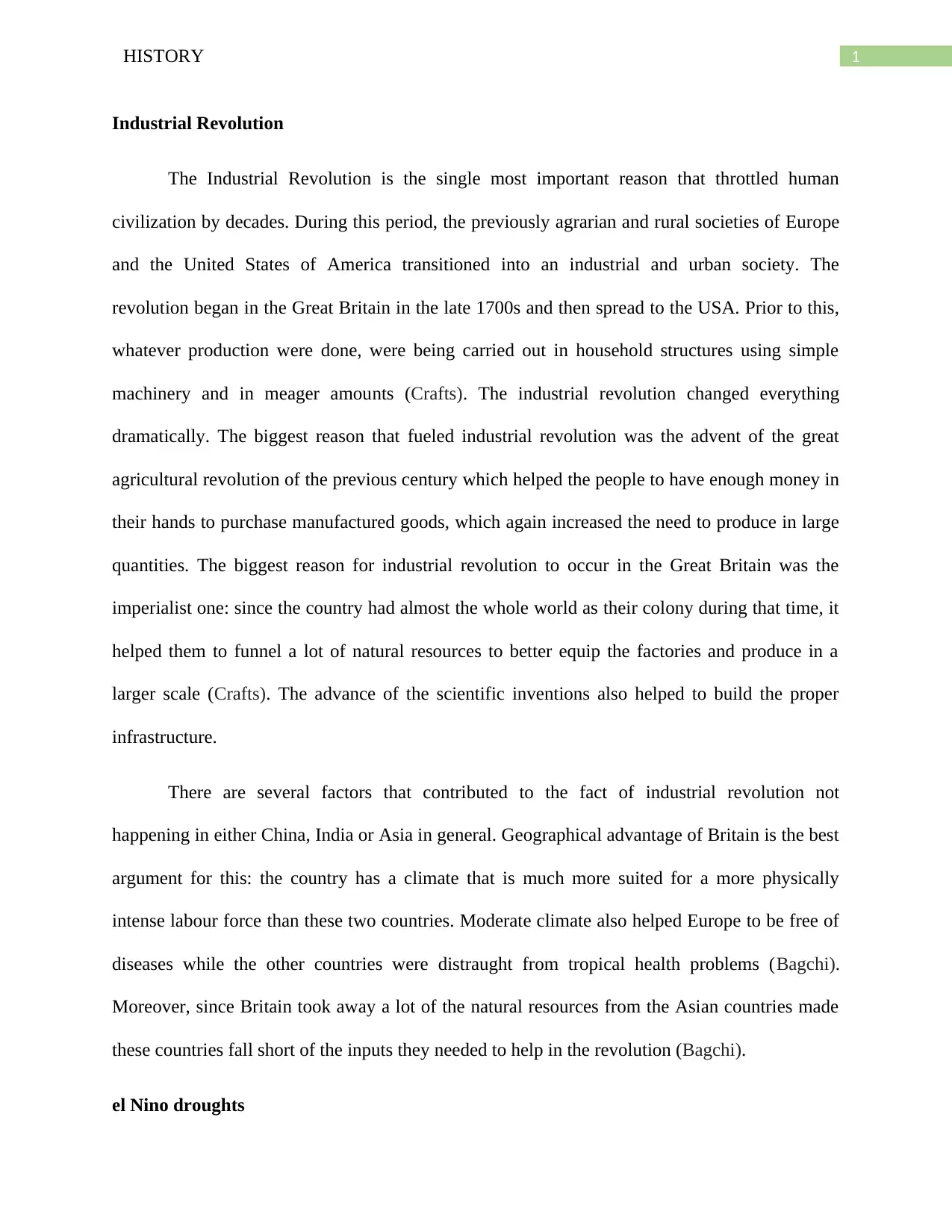
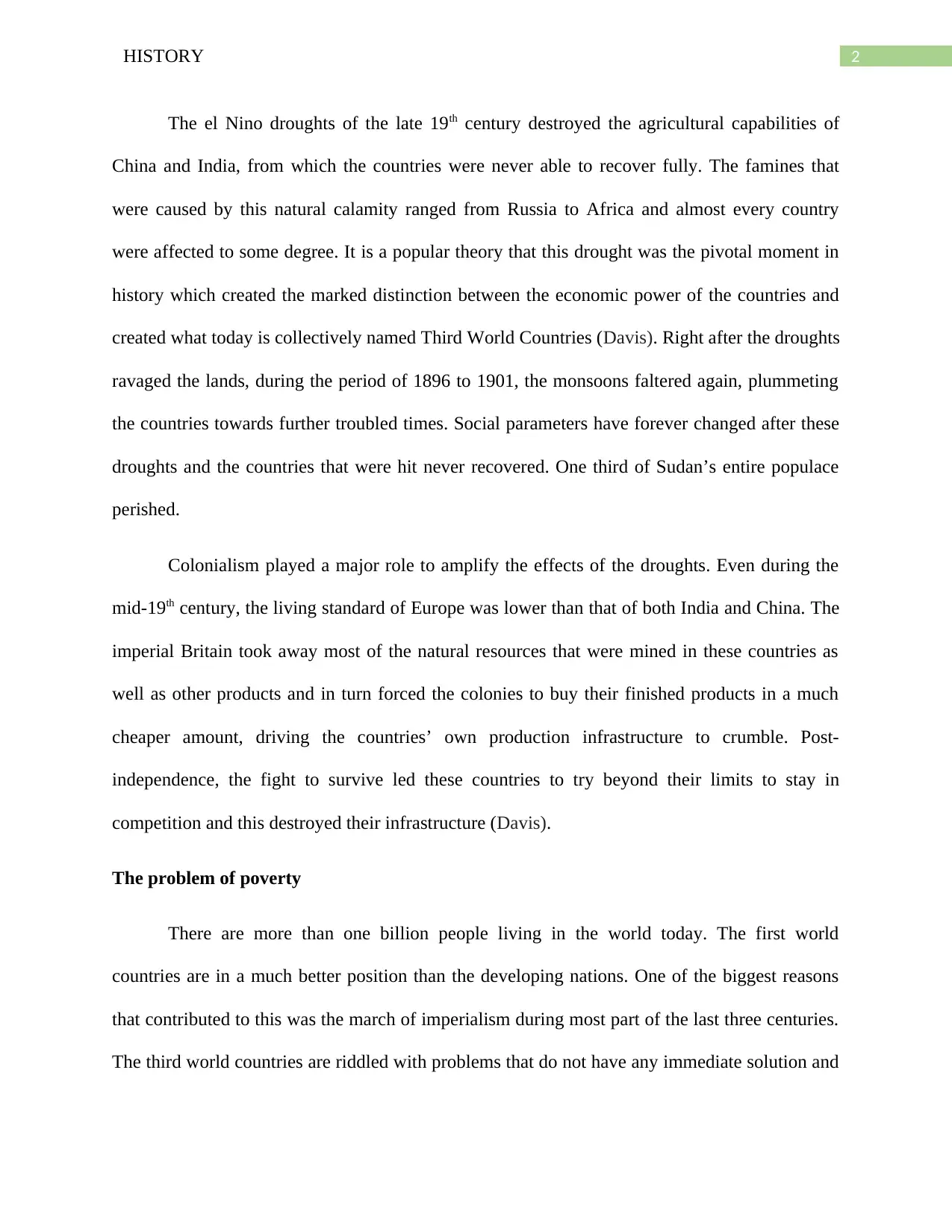

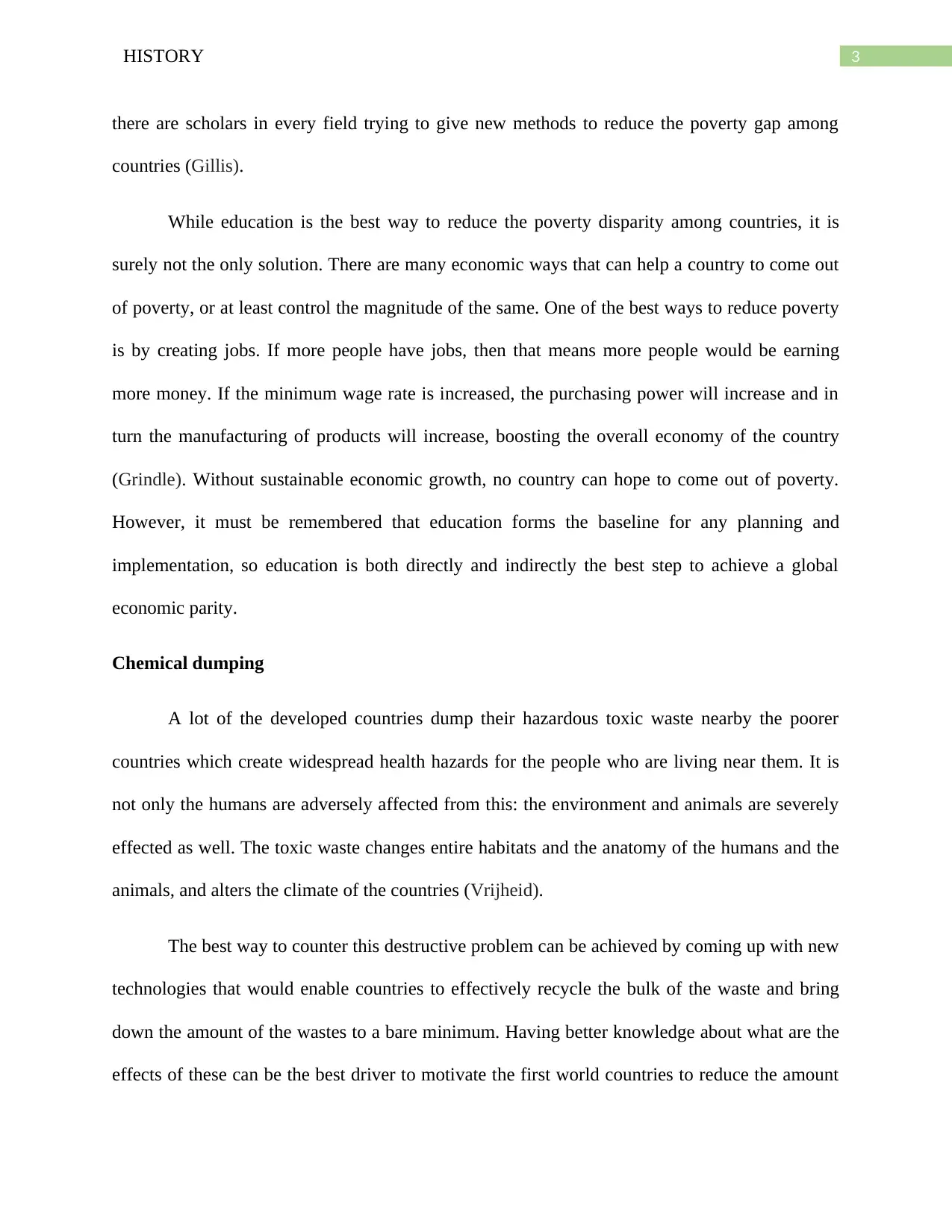

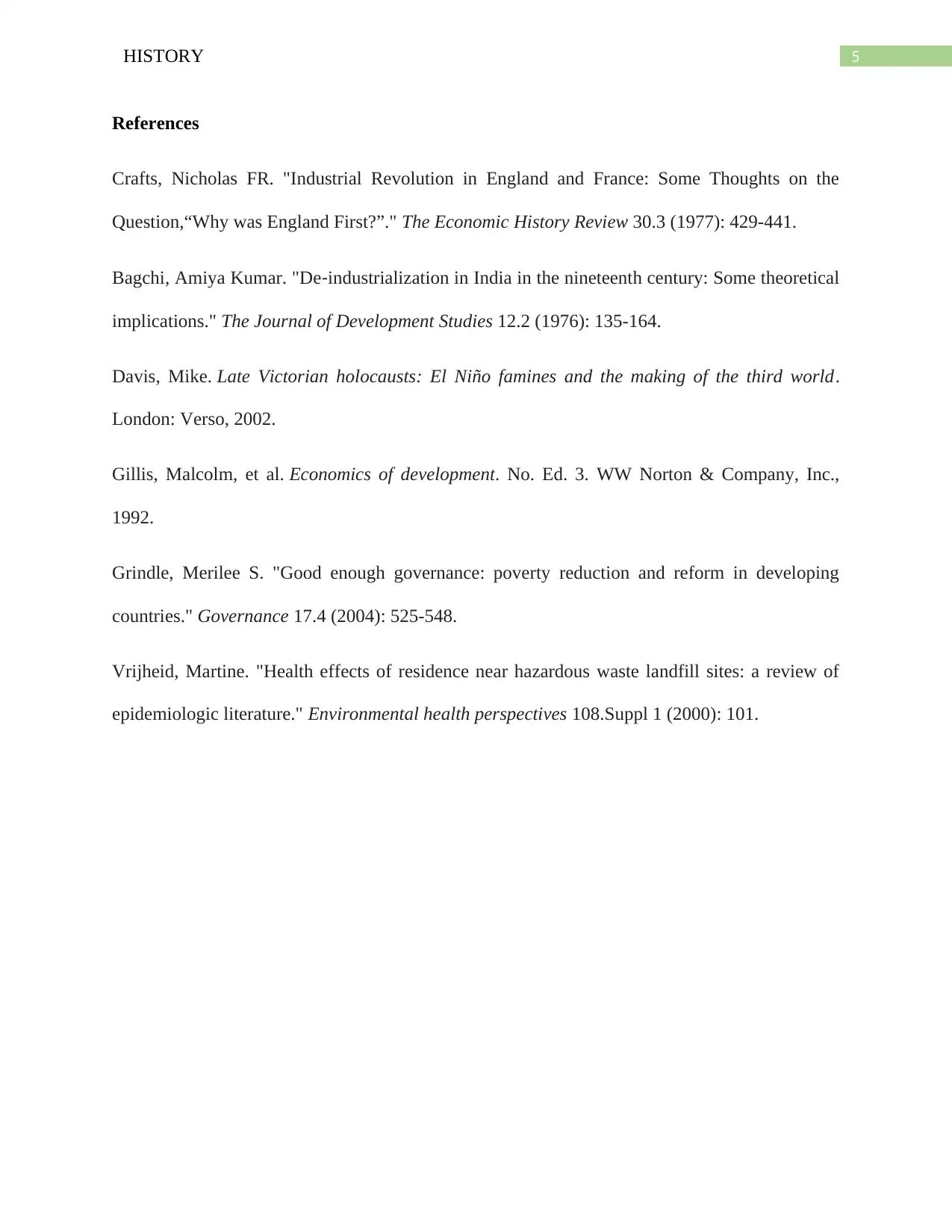




![[object Object]](/_next/static/media/star-bottom.7253800d.svg)